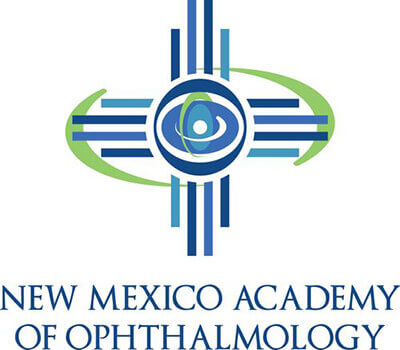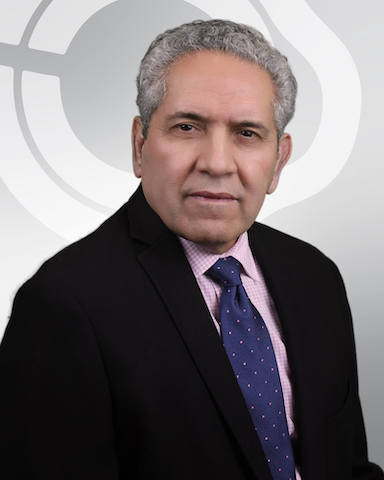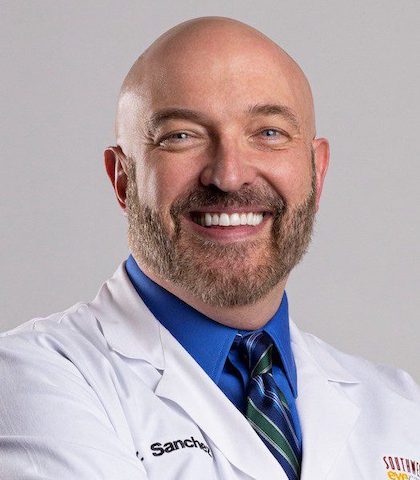Glaucoma

A specialist in glaucoma is a doctor who focuses on diagnosing and managing a condition called glaucoma, which is characterized by increased pressure in the eye that can damage the optic nerve and lead to vision loss. They utilize various treatments to control and reduce eye pressure, such as prescribing eye drops to lower pressure, performing laser procedures like trabeculoplasty to improve fluid drainage, or conducting surgery like trabeculectomy to create a new drainage channel for the eye fluid, performing laser iridotomy to improve drainage of eye fluid, and other minimally invasive glaucoma surgeries (MIGS), thus protecting the optic nerve and preserving vision. Regular monitoring and early intervention by a glaucoma specialist are crucial in managing the condition effectively.
Associated Procedures
Prescribing eye drops
Eye drops are medications that are instilled into the eye to help lower the pressure inside the eye and prevent further damage to the optic nerve.
Trabeculoplasty
Trabeculoplasty is a laser procedure where a focused beam of light is used to improve the drainage of fluid from the eye, reducing eye pressure and preventing optic nerve damage.
Trabeculectomy
Trabeculectomy is a surgical procedure where a new drainage channel is created in the eye to allow excess fluid to drain out, lowering eye pressure and protecting the optic nerve.
Laser peripheral iridotomy
Laser peripheral iridotomy is a laser procedure where a small hole is created in the iris (colored part of the eye) to improve fluid drainage and lower eye pressure.
Minimally invasive glaucoma surgery (MIGS)
MIGS refers to a group of advanced surgical techniques that are less invasive than traditional glaucoma surgeries, aiming to improve fluid drainage and reduce eye pressure with minimal disruption to the eye’s structures.








